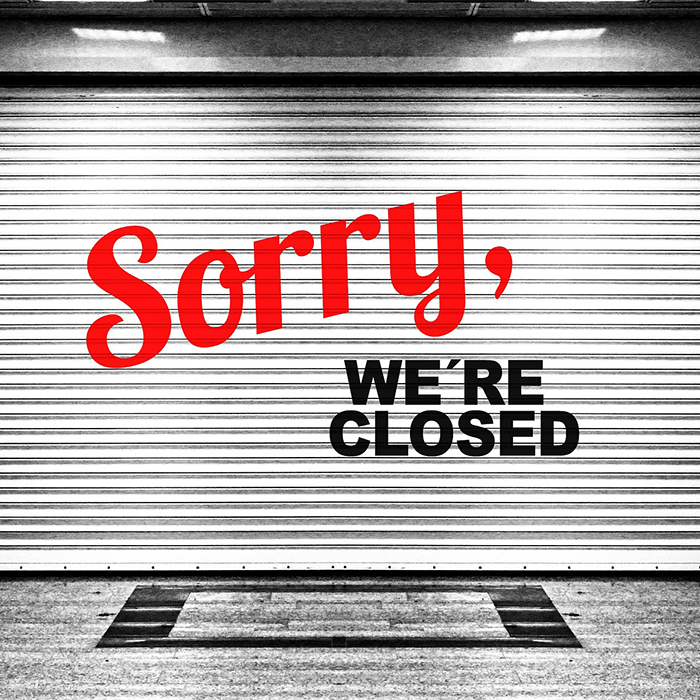When it comes to nightlife, it’s unfortunate that the images that come to mind are often that of unhealthy intoxication, especially when it comes to the consumption of illicit drugs. In both festival scenes and club settings, one of the most pressing issues is creating spaces in which patrons are not only able to feel safe – but we are reassured that there are resources available for those who go overboard, or, unfortunately in a lot of cases, consume a substance that can be potentially fatal; whether it be intentional, or by accident. Tackling illicit drug related issues is often a complex and controversial issue, yet it is imperative to examine the various ways we can prevent harm and create safe spaces within the music and nightlife scene.
There are many ideas that have been raised in terms of dealing with substances; however this can be a difficult conversation to have, especially in the majority of countries where illicit drugs are illegal; and coping with legal drugs such as alcohol, can be equally as difficult. Alcohol related violence as well as drug overdoses are unfortunately all to common in the nightlife scene, especially when it comes to late-night parties: with the electronic music scene usually at the forefront of this conversation.
While suggestions have been made regarding drug use at festivals – such as drug testing stations, in which if attendees plan on using substances, they can at least confirm with professionals that they know exactly what they are consuming. When it comes to clubs, this type of resource is not available. This poses a problem for governments and law enforcement.
In response to a number of violent and subsequently fatal incidents occurring in clubbing hotspots, Australia introduced laws in order to try and deal with alcohol violence and substance abuse. In January 2014 in Sydney, a ‘lockout’ legislation was introduced, which essentially set a curfew for those partying late into the night. Patrons were not allowed to enter or re-enter venues after 1:30am and entertainment venues were held to a 3am ‘last drinks’ curfew. Unfortunately this caused loss of jobs, revenue and did not provide a long-term solution for such issues.
Now, in a statement to The Daily Telegraph, State Premier Gladys Berejiklian has shared that these restrictions are likely to be scrapped, in order to “enhance Sydney’s night-life“. These legislations will continue to be implemented in Kings Cross, one of Sydney’s premiere night-life districts and unfortunately also the scene for deaths in 2012 and 2013 which resulted in the original law.
Paris now faces a similar issue, with the announcement that the club Dehors Brut, formerly known as Concrete, was forced to close by French police hours before a scheduled event was to begin. All further events have also been ordered to be cancelled; and like in Sydney, it comes in the wake of an alleged drug overdose outside of the club. The team behind Dehors Brut have spoken out in regard to the closure, calling instead for education about substance use and abuse as opposed to the closure of clubs.
While the issue remains complicated and controversial, it’s true that the closure of venues is not necessarily going to change the issues surrounding illicit drugs and alcohol; if we are looking to tackle overdoses and alcohol related violence, education can perhaps be the first step in making city nightlife safer for all patrons while not restricting the ability to enjoy late-night entertainment.




